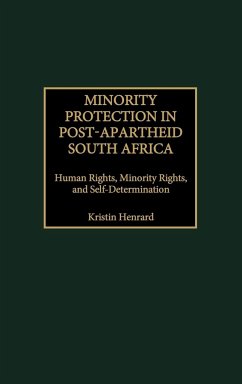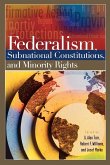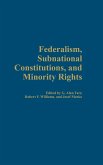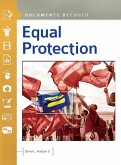Accommodation of population diversity is a vital issue for any multinational society. The legacy of Apartheid in South Africa complicates this effort considerably. Henrard introduces a theoretical framework regarding how to accommodate minority protection in the most appropriate way and analyzes the respective contributions of individual rights, minority rights, and the right to self-determination. Subsequent chapters examine the case study of post-apartheid South Africa and attempt to investigate its constitutional development. Henrard finds that provisions within the 1996 Constitution do acknowledge an interrelation between these three important factors; however, implementation of minority protection policy is often quite a different matter. In seeking appropriate means of minority protection, this study stresses inclusionism, integration, and the essential right to identity and real equality. While Henrard reviews and discusses the entire democratic transformation process in South Africa, she cautions that, because current developments are characterized by their unsettled nature, major transformation and flux, analysis of the implementation phase can be only indicative. The apartheid history does not in itself inhibit progressive stances on this important issue. Still, despite the promising nature of the 1996 Constitution, the picture that emerges in terms of policy development aimed at minority protection is ambivalent.








